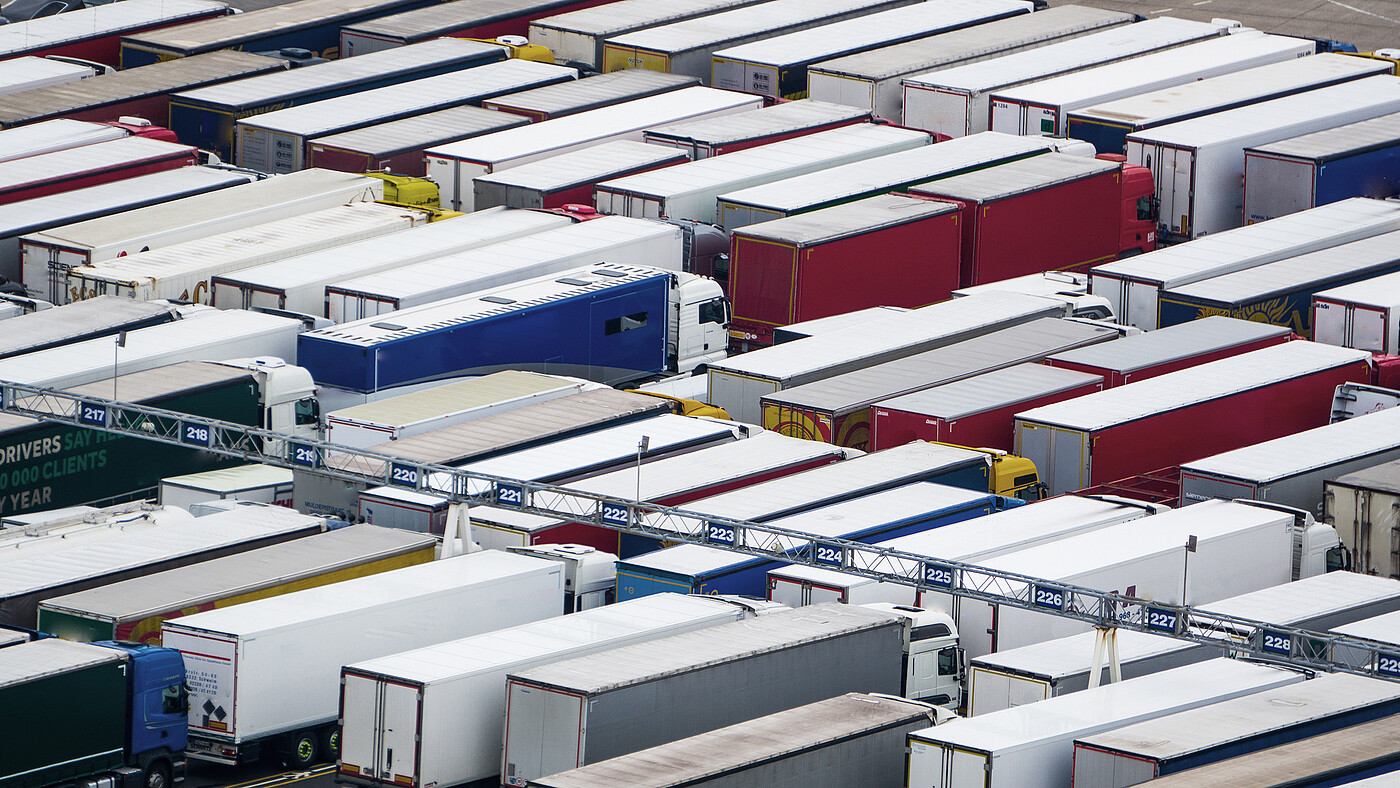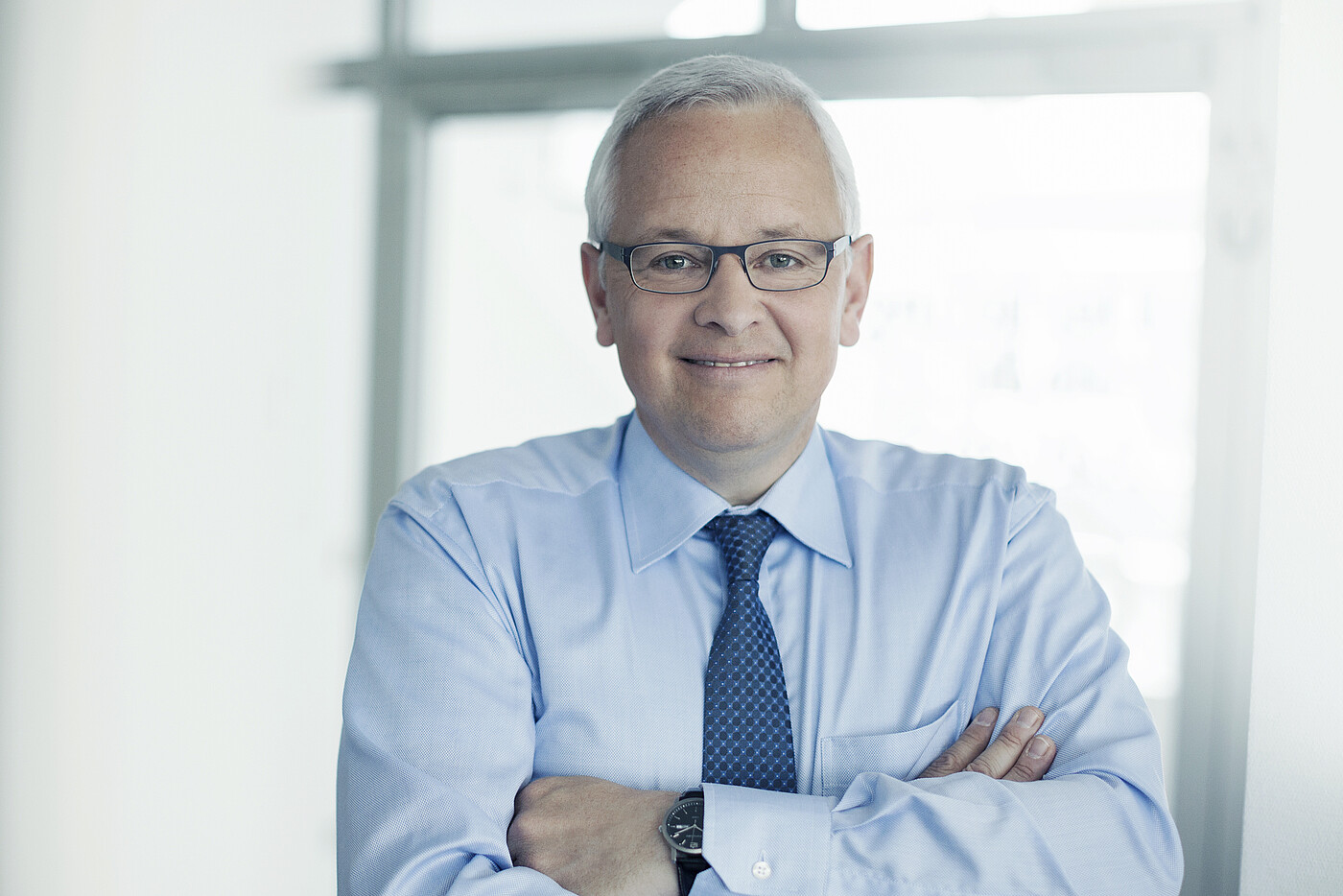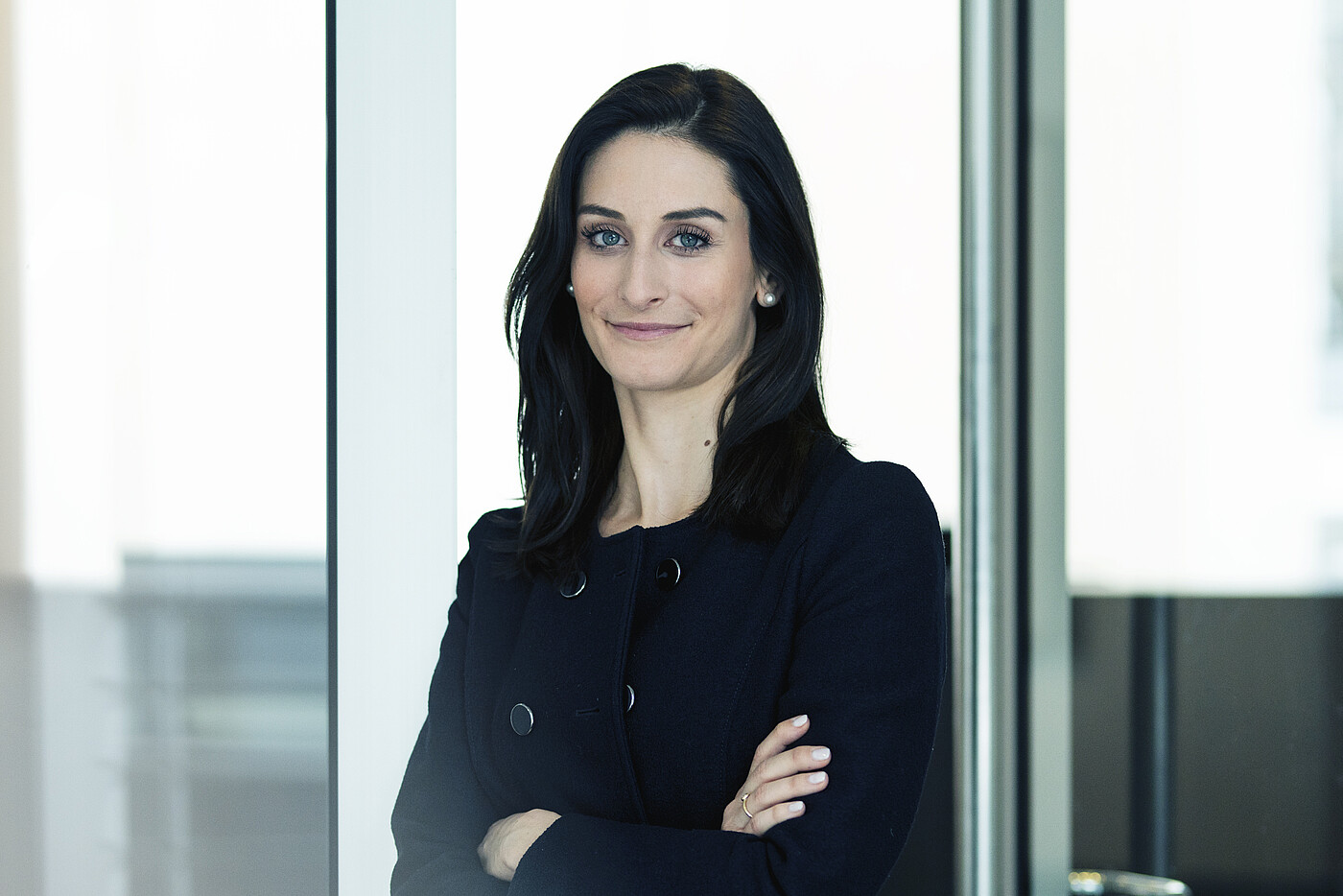Caesura, turning point, geopolitical realignment
In the words of the German government, the war in Ukraine marks a “turning point”. It ends a 30-year period of peace in the West. The globalised world, the benefits of which we have been able to enjoy in recent decades, is facing a fundamental realignment.
Already in recent years, world trade had suffered significant setbacks, with Donald Trump’s presidency, the ensuing trade conflicts, and the extensive disruptions related to the coronavirus pandemic.
With the Russian war bringing unbearable suffering to the Ukrainian population on a daily basis, new distortions are looming. This is particularly true for Germany as an export-oriented economy. The Western world has shown itself to be very united in its defence against Russia’s aggression in Ukraine. Nevertheless, there is a threat of long-term consequences that will impact cooperation between Western states. And for the companies in the West, this change of era will also have massive consequences. At the end of April, German Chancellor Olaf Scholz already spoke an urgent warning about the effects of de-globalisation.
Value creation in Germany is heavily reliant on the sufficient availability of low-cost, mainly fossil, energies. This dependence goes so far that Germany had to raise concerns about installing a quick embargo of oil and gas supplies from Russia. Four-fifths of our final energy consumption is fossil-based and is thus still far from being successfully decarbonised, even 32 years after the first binding climate targets were set. Natural gas as an energy source acting as the “bridge to climate neutrality” is no longer a real option, this bridge has “collapsed”. In terms of volume, Russian pipeline gas is very difficult to compensate for with liquefied natural gas from all over the world, and it is impossible in terms of competitiveness.
We have paid a peace dividend over the last 30 years that is now no longer there. In the past, the US seemed to guarantee a functioning level of security, and we externalised the costs of fossil energy use into the atmosphere. These calculations no longer add up, either for the economy or for business. This can be seen in the planned additional expenditure on defence and the necessary acceleration of the energy transition in order to become independent of fossil energies even faster.
Coal can only serve as a makeshift substitute for gas for a few years at most to ensure security of supply in the power plants. This has far-reaching consequences for the primary industries, especially steel and chemical. In the steel sector, natural gas was firmly planned as a transition solution until sufficient climate-friendly hydrogen was available for the production of “green” steel, and the chemical industry has an affinity with natural gas like no other sector and is dependent on natural gas as an energy source and raw material. The consequences for a number of downstream sectors, such as the automotive industry or anything to do with pharmaceuticals, paints, varnishes, insulation materials or detergents, are obvious.
The climate crisis intensifies the pressure to adapt
The war in Ukraine, however, does not take away from the urgency of addressing the climate crisis. This is emphatically confirmed by the 6th Assessment Report of the highest-ranking climate panel, the IPCC. At the national level, Germany’s “Easter Package” sets milestones for the urgently needed acceleration of renewable energies. Internationally, the US Securities and Exchange Commission (SEC) has set standards with its new “Climate Related Disclosure Rules”. These rules, adopted on 21 March 2022, form a new framework for corporate assessment of climate risks and the resulting far-reaching consequences for corporate governance and financial reporting. These consequences will reach far beyond the North American market. Against the backdrop of enormously increased pressure from the financial markets and activist investors around the climate crisis, these course-setting measures should be taken very seriously.
In its over 500-page document, the SEC lays down in detail what it expects from companies on the financial markets in terms of addressing the climate crisis. This includes precise information from the companies on the physical climate risks they are exposed to, the risky areas their assets are located in, the operational and transaction-related risks they are exposed to, how corporate governance adequately addresses these risks and how management assesses and addresses these risks. In addition, there is the obligation to name concrete climate targets that include not only companies’ own emissions in the production process (Scope 2) but also upstream and downstream value chains (Scope 1 and 3 emissions).
Although it can be argued that the SEC’s proposals do not yet have the force of law, either way the pressure from the financial markets and also from society for more climate protection remains high. Companies would do well to take these developments into account in their realignment considerations.
Companies must realign
Companies have to adapt their supply channels and value chains to a completely new geopolitical reality and new demands for resource efficiency and environmental protection. This is reinforced by new requirements from the European Supply Chain Act, with which corporate due diligence obligations in procurement are to be regulated much more stringently and comprehensively than in previous German legislation. How this can be achieved in view of the enormous hunger for raw materials of German industry in the event of a permanent loss of access to Russian raw material deposits – from crude oil and natural gas to palladium and rare earths – is likely to be causing headaches in many companies at present. From the point of view of security and supply, however, there is no alternative.
The one-sided dependencies of companies on a few supplier and sales markets are also under scrutiny. Of course, companies have made considerable progress in the IT-supported management of their purchasing and logistics. But these algorithms now also need a strong political radar.
US Treasury Secretary Janet Yellen coined a remarkable term in mid-April: In a speech to the Atlantic Council on 13 April 2022, she spoke of the need to increase the security of the Western world by shifting existing value chains away from “off shoring” by companies to “friend shoring”. Country risks must be readjusted. There will certainly be no need for a “Chief Geopolitical Risk Officer” in companies in the future, as Christoph Seibt rightly noted in Manager Magazin in an article on 29 April 2022. But a careful debate is needed on where cluster risks have emerged in the procurement and sales markets. After the events of 24 February 2022, this has also become part of a comprehensive reassessment in the German automotive industry, especially with regard to the Chinese market.
The world is no longer “flat”, as it appeared to be a few years ago in terms of the opportunities presented by globalisation. The economic world of the future will again be more strongly characterised by world trade blocs and the resulting greater political uncertainties. Risks to companies are increasing massively as a consequence.
This article was published in German at the end of May 2022 in issue 2 / 2022 of the online magazine RestructuringBusiness.
Photo: iStock.com/Daniel T. Hulse

 LinkedIn
LinkedIn
 Twitter / X
Twitter / X


